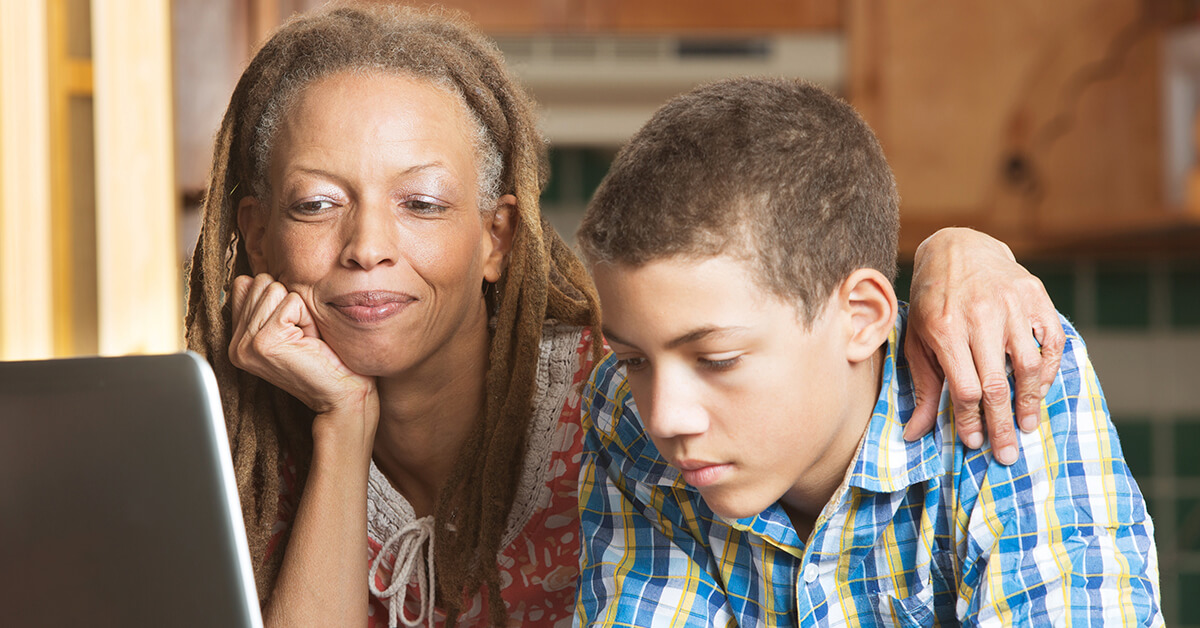So often parents focus on the “right” age for a phone, for social media accounts, for online gaming permission, a YouTube Channel all their own, that we spend a lot of time in prevention and anticipation mode. However, one area that gets discussed less is what happens after we say yes to the tech. How do we continue to keep them safe? How do we engage them so we have an understanding of their experience online? How do we think about time management and healthy habits? How do we respond to inevitable lapses in judgment? Below are seven tips for continued parenting and support for our tweens and teens once they’ve been given the green light to be on social media.
- Make A Fundamental File: Get Basic. It’s hard to improve our digital parenting when we don’t know what they’re using. Make a document or write down all the places your tweens and teens like to go online. Ask yourself: Where are they online? Where do they have accounts? And what do they like to do? Who are they “with” online? Why do they like this tech? Not sure, ask them! The Fundamental File is a great gateway…


